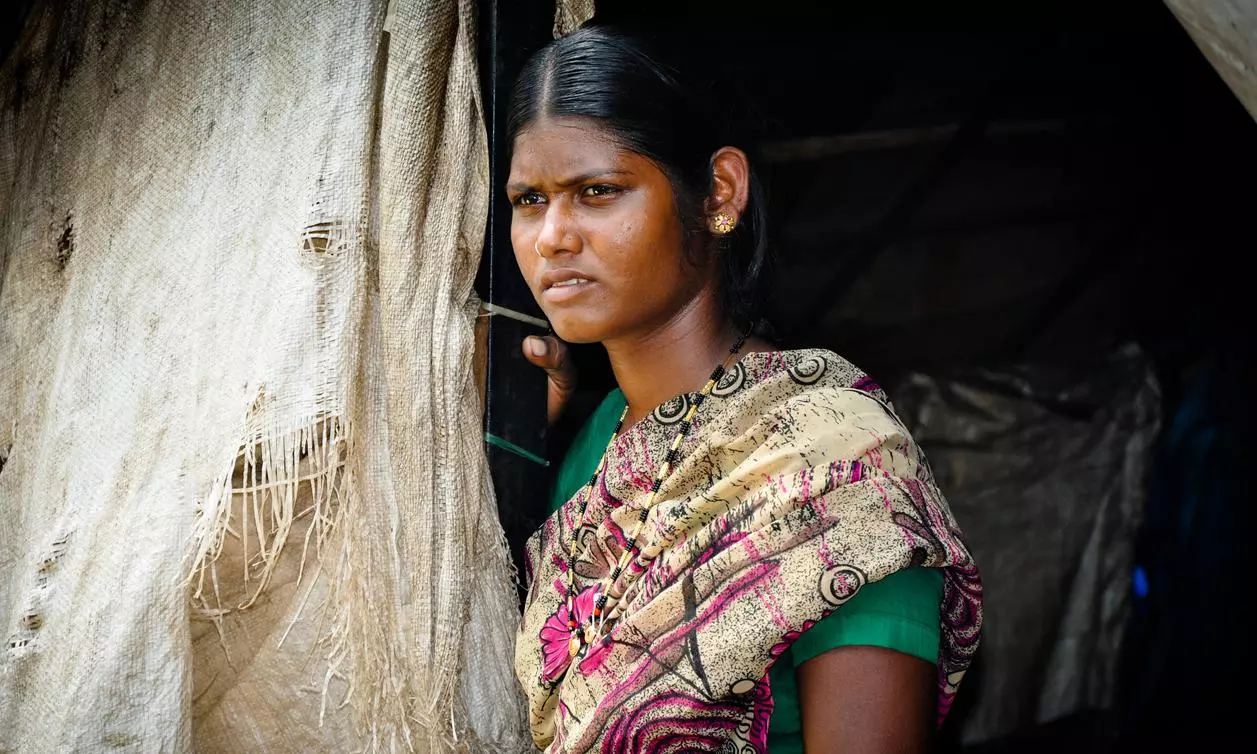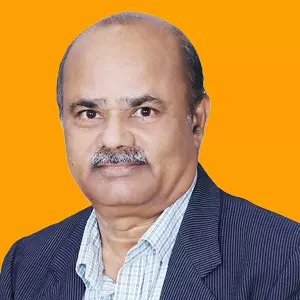
- Home
- India
- World
- Premium
- THE FEDERAL SPECIAL
- Analysis
- States
- Perspective
- Videos
- Sports
- Education
- Entertainment
- Elections
- Features
- Health
- Business
- Series
- In memoriam: Sheikh Mujibur Rahman
- Bishnoi's Men
- NEET TANGLE
- Economy Series
- Earth Day
- Kashmir’s Frozen Turbulence
- India@75
- The legend of Ramjanmabhoomi
- Liberalisation@30
- How to tame a dragon
- Celebrating biodiversity
- Farm Matters
- 50 days of solitude
- Bringing Migrants Home
- Budget 2020
- Jharkhand Votes
- The Federal Investigates
- The Federal Impact
- Vanishing Sand
- Gandhi @ 150
- Andhra Today
- Field report
- Operation Gulmarg
- Pandemic @1 Mn in India
- The Federal Year-End
- The Zero Year
- Science
- Brand studio
- Newsletter
- Elections 2024
- Events
- Home
- IndiaIndia
- World
- Analysis
- StatesStates
- PerspectivePerspective
- VideosVideos
- Sports
- Education
- Entertainment
- ElectionsElections
- Features
- Health
- BusinessBusiness
- Premium
- Loading...
Premium - Events

Elected women representatives, particularly those from SC/ST sections, are unable to carry out their tasks due to lack of funds
Caste inequities and discrimination against Dalit women in particular are stifling democracy at the grassroots in Telangana.
The supercilious attitude of the administration towards elected representatives at the grassroots level, more so in the case of elected women representatives (EWRs), must be seen to be believed. The subtle discriminatory working style towards women from Scheduled Caste and Scheduled Tribes creates hurdles in undertaking development activities at the gram panchayat level. This is more so in the case of SC/ST women sarpanches.
MLAs, MPs and ministers obstruct the functioning of local leaders fearing they will be ignored by the people if they allow the latter to function independently. It is forgotten that the local self-governing institutions are meant for the planning and economic development of the village.
Further, the bulk of the 15th Finance Commission funds are taken away by the Telangana government. Only a few thousand rupees are provided for local development with which the elected representatives are unable to take up development work. The purpose of the Central Finance Commission releasing funds from a divisible pool of resources to panchayats directly has not yielded any change.
Lack of funds
There should be a clause to ensure that the funds are utilised for the purpose it is given and not diverted by the state. Besides, the State Finance Commission is yet to give recommendations for financial devolution to the local self-governing institutions. The state government keeps saying that Rs 1 crore will be released to each panchayat – but this is not happening.
A study in the Jagtial and Karimnagar districts in Telangana revealed that the SC/ST sarpanches face challenges in meeting even recurring expenditures of panchayats, let alone undertaking development works. Influential sarpanches from upper castes are able to mobilise some funds or invest their resources whereas others are not able to do so.
Naturally, the EWRs are under stress. With a lack of funds, in some cases, they are pressurised by the authorities to undertake activities under ‘Swachh Survekshan Grameen’, an initiative meant for sustainable sanitation and waste management in rural areas.
Consequently, upset SC/ST and women sarpanches are relinquishing their posts. All in all, the acute shortage of funds, lack of a strong voice and network to influence the state government and limited skills to manage the panchayats are making it difficult for the elected representatives to continue in their posts.
Bias against women
It seems there is no congenial environment for the EWRs to function independently in Telangana as they are twice alienated – as women and as SC/STs. Recently, the sarpanch of Chinnapur Gram Panchayat in Buggaram mandal (Jagtial district), Damma Latha Sri, resigned due to the non-release of funds meant for drainage works, street lighting and more.
The administration, which shows indifference towards EWRs, appears to discourage them when they visit government offices and seek support.
In fact, Latha Sri’s case is the tip of the iceberg. Sarpanches from underprivileged sections complain they face a severe financial crunch in even giving out salaries to sanitation workers. Some have spent their own money. The state government does not release funds to all gram panchayats.
If we look at the number of women MLAs, MLCs and Ministers, it appears the Telangana government lacks a gender perspective. Their support for the Women’s Reservation Bill is just a gimmick. Even the list of MLA candidates announced by the BRS for the upcoming elections indicates it does not encourage women.
Without a doubt, the socio-economic background of a sarpanch has a direct bearing on his/her performance. If a sarpanch comes from the upper caste with a relatively good socio-economic background, he or she would be able to manage the panchayat reasonably well.
Upper castes
More importantly, while implementing government schemes, the upper caste sarpanch will try to manage the release of funds, given his or her educational levels. In some cases, if funds are not released, the sarpanch from a better socio-economic status will mobilise or procure funds from other sources or utilise the funds earmarked for other works and complete the work under consideration.
In contrast, the study revealed, a sarpanch from SC communities with a poor economic background may not be able to mobilise resources. The study showed that female SC sarpanches encounter many problems in even conducting meetings, mobilising the support of members and officials and, finally, accessing resources in time. Caste and gender act as stumbling blocks in the functioning of a gram panchayat headed by an SC woman.
It does appear that EWRs are excluded from the mainstream development process due to non allotment of budgeted funds. Even in this age, patriarchy forces women to take a back seat in representative democracy. The way forward is to create awareness among women, build their capacities to function independently and create networks to enable them to carry out their duties well.
(The author is a former Visiting Professor, Central University of Rajasthan, Ajmer, and an economist. He can be reached at tprabha9@gmail.com)
(The Federal seeks to present views and opinions from all sides of the spectrum. The information, ideas or opinions in the articles are of the author and do not necessarily reflect the views of The Federal.)


